Is what we learn always correct?
Have you ever realized that something you learned is incorrect or inaccurate? For many youth, this could be some simple lies from parents, like the “fact” that they always have eyes on you. Additionally, this could also be from school, namely sciences, especially Chemistry. Lastly, our bad habits and mistakes, which could be an influence from others or simply a gap in knowledge, are also evidence that what we learn is not always right.
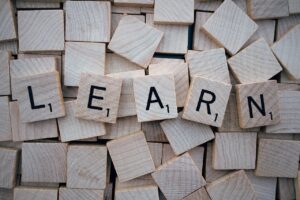
How do we know that we are learning the right things? What can we do about it?
Unfortunately, we will always fall victim to learning incorrectly. There is no guarantee that we will always get the truth, especially in this complex world where there are numerous ways to approach a single problem. However, where’s the fun in knowing everything? As humans, we inevitably make mistakes, but the beauty of learning comes from knowing that you can grow from these mistakes for the better; part of learning is to understand what to unlearn.

What are signs that you should unlearn?
1. Constant mistakes
Making constant mistakes is a sign that you repeatedly grasp something incorrect. It could be as simple as arithmetic to be as complicated as mixing up parts in a system (like how a car, brain, or titration works. They are a relatively easy signal for you to recognize and adjusting that pattern of mistakes could simply be fixed by revision.
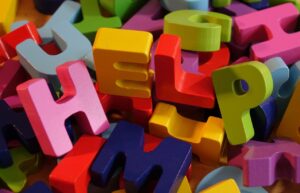
2. Bad habits
Similarly, bad habits are repeated actions that may be inappropriate, depending on the situation. On the contrary, they are harder to recognize without receiving acknowledgement from others, as well as the fact that what seems appropriate in one scenario may not be in another. To unlearn bad habits, challenging it little by little (in other words, using less of that bad habit) is usually better compared to tackling it all at once.
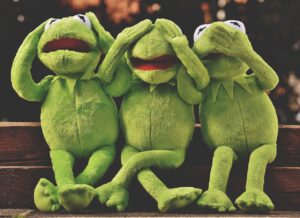
3. New information contradicts old ones
Here, things become complicated if you do assume that everything that you learn is correct. In the ever-expanding universe and diverse societies, there is always new content that may seem to violate previous ones. The reason why things can become complicated here is because unlike bad habits and mistakes, it is unclear what to unlearn: forget about the old information or disregard the new ones? Nevertheless, the good news is that oftentimes, both sides contain some element of the truth, which is why being adaptable is essential to further develop yourself.
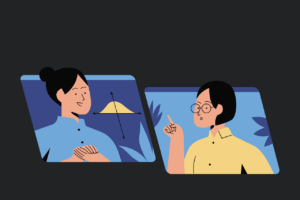
4. Innovative goals
To be innovative is to be inventive of new things. In order to achieve that, new ideas must be created, but they usually oppose the ideas of others or what you’ve been taught before. Without the courage to try something new, innovation wouldn’t exist, which introduces another dilemma on what to unlearn: an old feedback (or something else from the past) or the new idea. Innovators are often challenged as to what’s right, but they always discover new things by unlearning old ones.
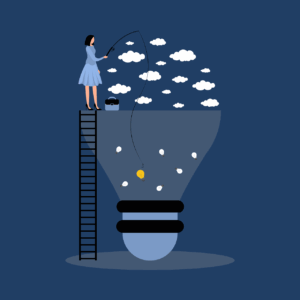
5. Constructive feedback
Lastly, constructive feedback is a suggestion on how to improve/unlearn something. They are uncomfortable to receive, but similar to bad habits, they can provide great insight that has been overlooked. In the end, it is your choice to follow the feedback or not, as well as what to unlearn.
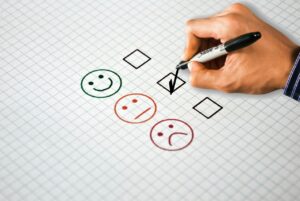
Why is unlearning so important?
As much as learning is necessary for us to grow, unlearning ensures that we develop away from the “bad” stuff. Unfortunately, because we don’t know everything, the assumption that everything taught to us is correct takes away the reality that unlearning brings us closer to the truth. In terms of society, being adaptable to what you learn contributes to who you are and what you strongly believe in. Everyone is challenged everyday to decide what to unlearn and what to remember, but every result from that strengthens how much you value your opinion and independence.
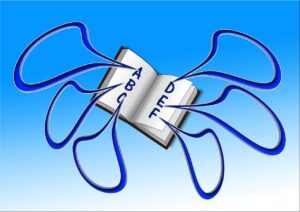
TL;DR
What we learn in life may not always be incorrect. Instead, there are many things from our life, both external and internal, that would benefit you more if you unlearn them. Some signals for this could be the following: constant mistakes, bad habits, new information contradicts old ones, innovative goals, and constructive feedback. Sometimes, unlearning is simple, but other times, it can be complicated and depend heavily on the situation. Regardless, how you approach those dilemmas builds who you are and enhances how much you believe in your values and independence.
